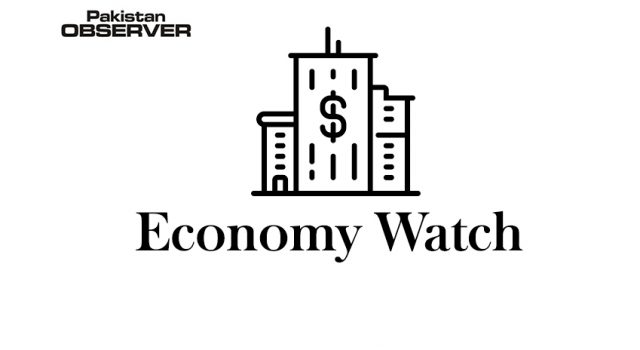Former shrimper Diane Wilson watches in disgust as a Taiwan-owned factory in Texas spews millions of plastic pellets into the Matagorda Bay.
For years Wilson has been documenting this pollution by Formosa Plastics Group, the world’s fourth largest plastic manufacturer.
It set up shop in 1983 south of Houston in Point Comfort, near the waters where she used to catch shrimp in abundance.
“When we did the sampling on Formosa, we found 2,000 violations. How many did the state of Texas have? Zero,” Wilson told AFP as she stood at the helm of a shrimp boat.
She said regulators at environmental protection agencies in Texas, the second most populous US state, operate in a revolving door system.—AP










